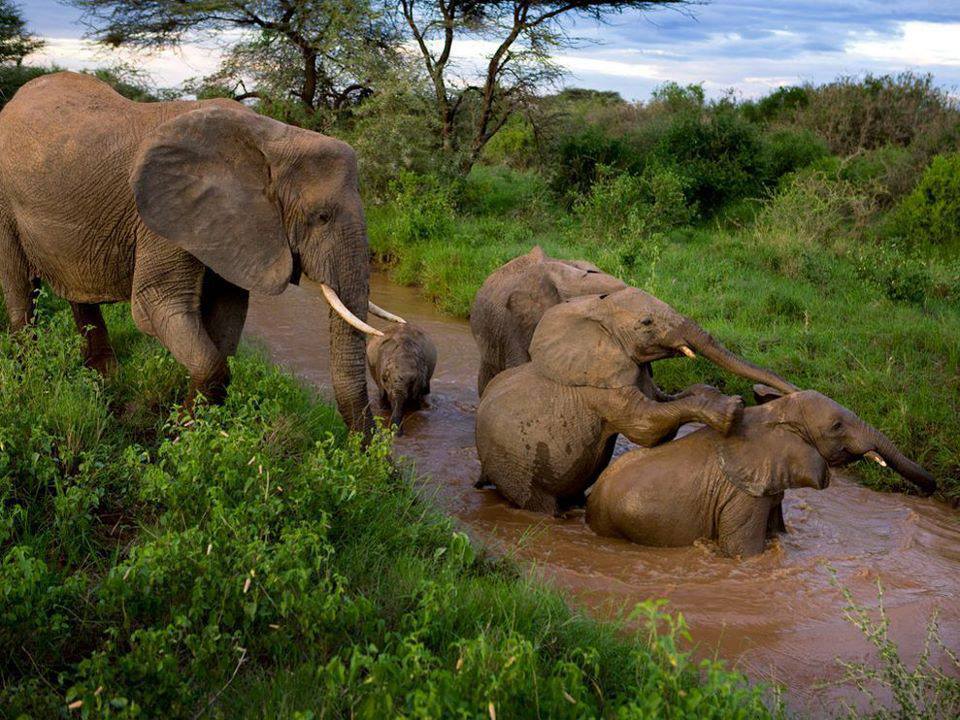
Home > Where We Work > Ho Municipal District
Ho Municipal District
Strengthening Ecological Resilience Through Wildlife Conservation and Enhancing Human Well-Being in the Kalakpa Game Production Reserve Area
The Kalapka Game Production Reserve, like most protected areas in Ghana, experiences heavy anthropogenic pressure, leading to degradation and deterioration in quality. Statistics reveal that almost 40% of forests in the reserve are degraded, and in at least 70% there is no regeneration of trees. Extraction of forest resources and human activities have been identified as key drivers of deterioration, which results in deterioration in the reserves biodiversity and flow of ecological services, which in turn impacts the well-being of the communities living around and even far from such areas.

Recognizing that recovery of a species is not sustained without the well-being and engagement of the local community, FHI also initiated a pilot project in 2018, focusing on reduction of dependence and livelihood improvement of local communities in the Kalapka Game Production Reserve, in a bid to improve the status of elephants and their habitat. Though it was successful in garnering public support, it needs a further impetus in terms of scaling up to larger areas for a measurable impact.
The target area was found to be under intense human pressure due to extraction of resources and livestock grazing. Ecological literacy among the community being low has led to direct damage to the forest, such as putting on fire in the forests to get fresh sprouts, thus causing uncontrolled forest fire; cutting down younger trees and saplings for firewood, etc. The wildlife population is very low owing to these reasons. Loss of forest and ground vegetation causes massive erosion in the forest area and results in the deposition of sand and silt on the productive soil, which affects agriculture productivity and ultimately the livelihood of people. To counter this, this project proposes to expand the purview of work with two main aims.
- Improving forest condition by undertaking direct restoration measures, and by reducing the effects of drivers of deforestation and habitat degradation
- Reducing vulnerability of the fringe communities to the changes in ecosystem by providing livelihood opportunities and restoring ecological conditions in the village areas.
All families are not equally dependent on the reserve for resources; those who are poor and have no extra skills or resources to earn a livelihood are vulnerable to being more dependent, thus causing biotic disturbance on the reserve. FHI brought in those families under the project purview. The other direct beneficiaries were frontline staff of Kalapka Game Production Reserve who were trained in participatory protection and management activities. At least 20 frontline staff have been trained.

Want to hear more from us?
Find out how we’re changing the lives of vulnerable people and promoting environmental sustainability.
This email newsletter is administered based on our privacy policy, which tells you more about how we use your information. You can unsubscribe at any time. Over 18s only.
© 2023 Future Hope International (FHI). All Rights Reserved
P. O. Box 44 Kpetoe, Volta Region, Ghana
No. AGO/D/01, American House
Email: futurehope2015@yahoo.com/futurehopegh@gmail.com
Tel: +233244647951/+233200 662592
